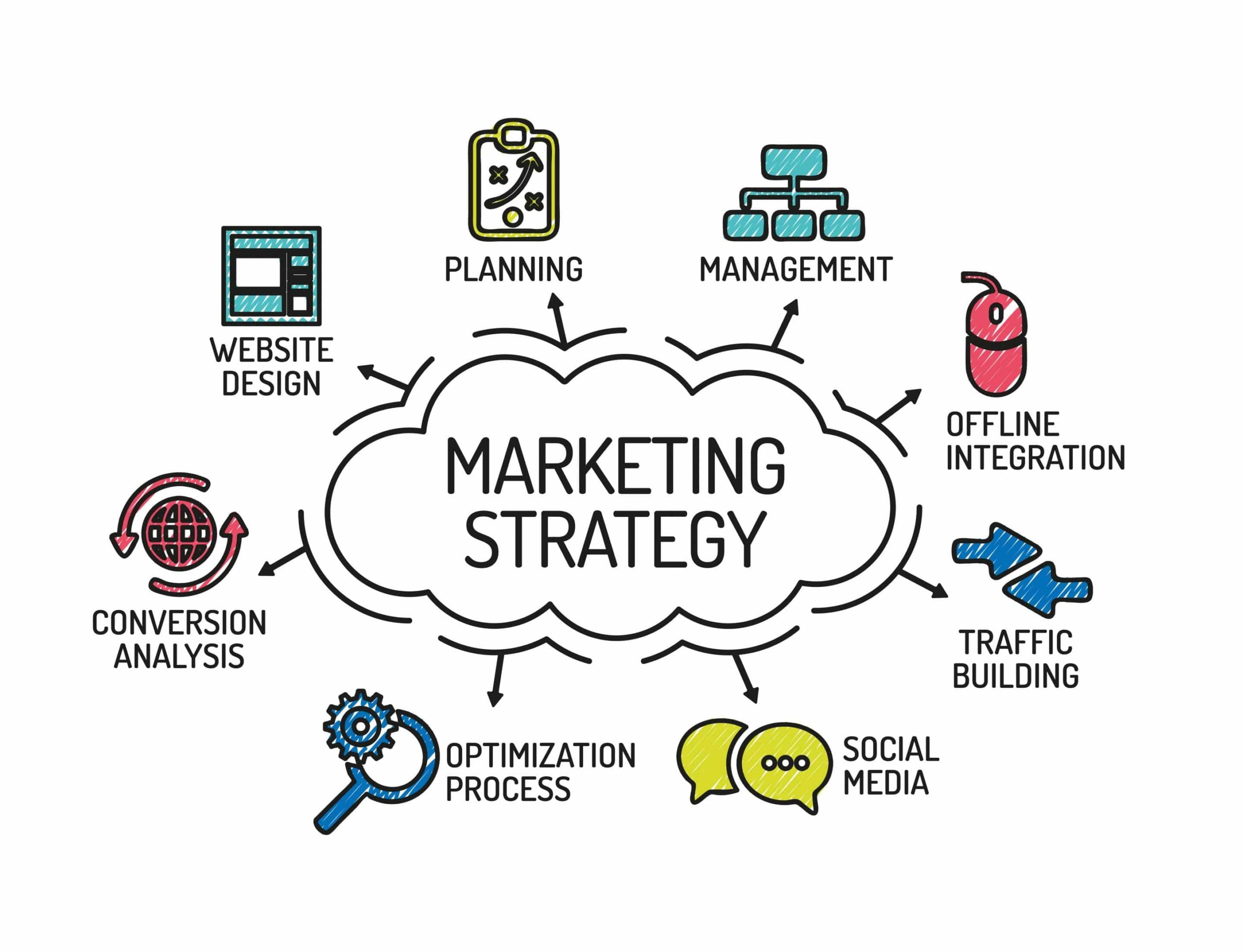Getting distracted at the grocery shop is inevitable. There are temptations around each flip: brightly colored sale signs! Sample tables! New flavors of seltzer! You might think that maintaining your nose in your smartphone—scrolling thru podcast episodes, calling your mom—might save you from getting sucked in by the current grocery’s advertising and marketing ploys. But it seems that if you’re noodling around on your cellphone in the store aisles, you could become spending more than you bargained for.
Don’t believe me? Two recent pieces of research provide evidence that is using your cellphone for duties unrelated to your shopping list results in spending greater at the grocery store. This difference is essential: if you use buying list apps or rely upon your favorite keep’s app to test the circular, you’re unlikely to be afflicted by the sort of distraction that affects your spending. But the instant you click on on that text message notification that pops up even as you’re checking for a cash-again rebate on boxed wine, the distraction movement starts to add up.

2018 observe within the Journal of Marketing used eye-monitoring technology, income receipts, and surveys to determine that phone use simultaneously as grocery shopping led to spending extra. Phone use elevated the amount of time spent in the shop, which accelerated shelf interest (how an awful lot of time you spend looking at merchandise and expenses) and loop diversion (converting your path via the aisles). All of that adds up to spending more. At the same time, this has a look at notes that telephone use honestly reduced spending within the checkout lane—because checking Twitter prevents you from finding out Us Weekly headlines and the fee on Kit Kats—by using that factor, the damage of being distracted elsewhere has already been executed.
Those who used their smartphone to purchase unrelated ways have been 9% much more likely to shop for gadgets that they had no means intended to buy while going to the store. And the impulse items they bought tended to be more hedonistic (suppose chocolate candy, snacks, electronics, and toys)–in place of practical–in nature.
If you’re decided to use your phone to check your buying listing, locate cash-lower back rebates, or clip store coupons, take into account turning off different notifications at the same time as you’re in the store. If you discover yourself using your cellphone for other obligations whilst you peruse the aisles, you might want to exchange returned to a paper list to hold you on the challenge. Otherwise, you could find yourself with a few more items in your cart.






